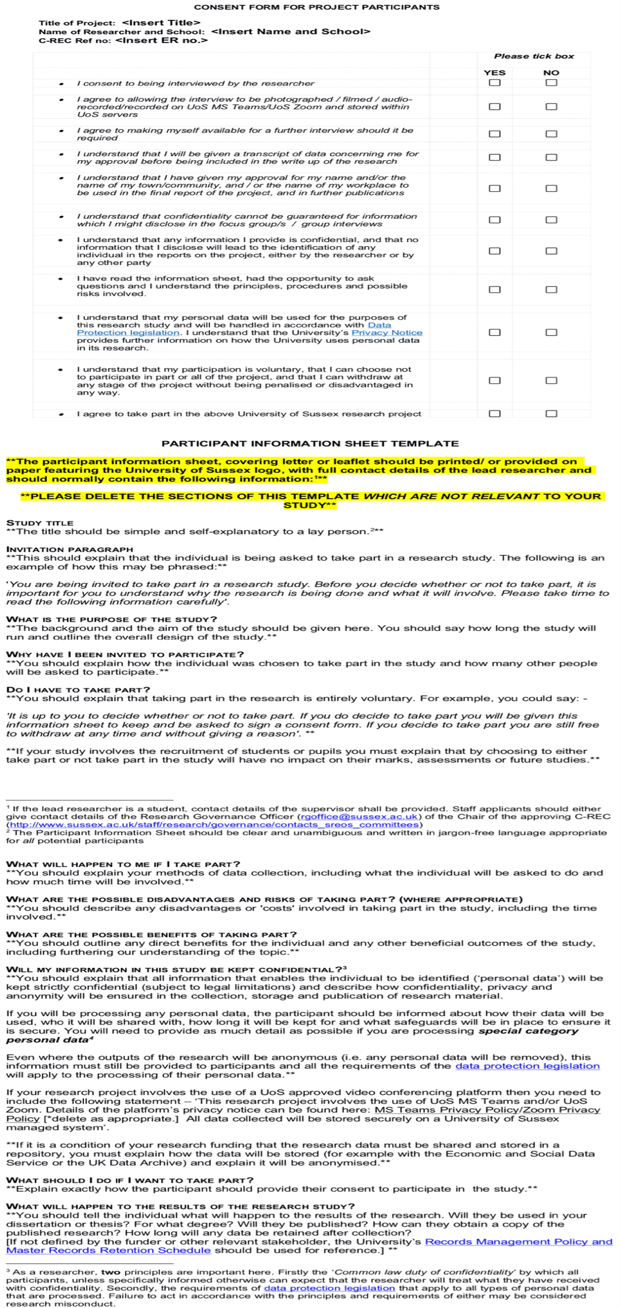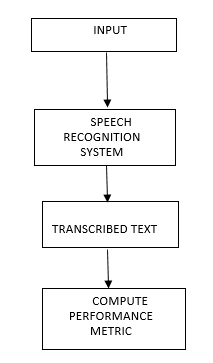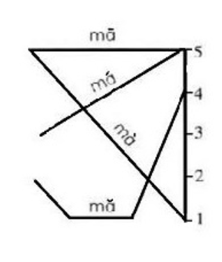

Volume 59
Published on July 2024Volume title: Proceedings of the 5th International Conference on Education Innovation and Philosophical Inquiries
Xibe culture has a rich historical background and unique cultural elements, including socio-cultural practices such as language, religion, and sports. Xibe culture is being jeopardized by the rapid development of modern technology and widespread mainstream culture through onlin platforms, and thus is facing the risk of being assimilated or even disappeared by the mainstream culture. However, digital media should not be viewed as a threat to national cultural heritage, but rather a tool in the process of cultural protection and inheritance. The article introduces some of the unique aspects of Xibe culture, and explores the possible role of social media and other digital platforms in protecting Xibe culture, and refers to successful cases of culture preservation involving digital technology. In addition, this paper suggests that various strategies should be adopted. This includes collaborative efforts between the government and the community to support appropriate cultural revitalization projects; at the same time, innovative conservation methods are highlighted, such as the use of virtual reality technology to recreate traditional environments and experiences, and the development of cultural and creative products with elements of Xibe culture. In this way, we can ensure that the unique cultural characteristics of the Xibe people will not be marginalized or forgotten due to the changes of the times.

 View pdf
View pdf



This research delves into the disparity between the provision of feedback opportunities and the clarity of feedback implementation for business and management students at the University of Sussex and the University of Brighton. Employing a qualitative constructivist approach, the study aims to uncover the barriers to student feedback integration and propose solutions for enhancing university responsiveness. The investigation reveals significant differences in feedback implementation rates and the perceived value of student opinions, with implications for teaching quality and student satisfaction. The study employs questionnaires, interviews, and focus groups to gather insights from students and staff, emphasizing the need for transparent communication and actionable feedback loops. The findings suggest that universities must prioritize student voices to foster a positive learning culture and improve institutional practices.

 View pdf
View pdf



In the process of learning a second language, modern Chinese learners are faced with many challenges due to the limitations of the learning environment and teaching conditions. The teachers are usually non-native speakers, and their language level is uneven, resulting in unsatisfactory teaching results. At the same time, the size of the group learning a second language continues to expand, and the requirement for teaching level is getting higher and higher. The topic of this paper is the application of deep learning to speech recognition and language teaching. The results and effects of deep learning in speech recognition and language teaching are summarized by combining the currently available information. It can be found that the current deep learning technology is more and more advanced, the accuracy rate of speech recognition technology has been greatly improved compared with the past, and the teaching effect has also made no small achievements. This technology can not only help learners better master English pronunciation, but also provide more efficient and effective learning experience.

 View pdf
View pdf


The concept of lifelong education is an important educational thought aimed at future education strategies. Modern lifelong education thoughts originated in the UK in the early 20th century, initially developed in Europe and the United States, and gradually spread to and influenced various countries in Asia. This paper reviews the history of the dissemination of lifelong education thoughts in the UK, utilizing historical-factor analysis to summarize the experiences and patterns of its historical development. It focuses on the pathways for the dissemination and absorption of lifelong education thoughts in China's adult education and higher education sectors in the near future, aiming to contribute to the goal of modernizing Chinese education.

 View pdf
View pdf



The transfer of phonological features in the first language to second language pronunciation during the process of second language acquisition has long been attested. A great majority of studies analyze the negative transfer from Chinese to English, yet few focus on Chinese dialects’ transfer to English. This paper aims to summarize the previous studies on Teochew phonological transfer to English acquisition, including consonant transfer, vowel transfer, and tonal transfer. Under the framework of Language Transfer Theory and Contrastive Analysis Hypotheses, research gaps and possible research directions for future studies will be put forward. This paper shows that phonetic transfer occurs in Teochew-speaking groups learning English, influenced by the dialects’ consonants, vowels and likely tones. Further research should explore transfer causes across different age groups and test classroom phonetic correction methods for Teochew-speaking English learners.

 View pdf
View pdf


English reading has always been an important part of English learning. However, many non-English major Chinese students do not pay attention to the cultivation of reading ability, but only passively learn with the goal of exams. At the same time, due to cultural differences, many difficulties arise in the process of English reading teaching. The development of schema theory provides language researchers with a good idea for studying reading behavior, and it also provides guidance for the teaching process of English reading for Chinese university students. Therefore, this paper uses a literature analysis method to study how schema theory works in English reading in different teaching methods, hoping to provide more teaching ideas for teachers. The study shows that currently, mind mapping and information technology teaching can effectively improve college students' English reading ability. In the teaching process, students use mind mapping to grasp different formal schemas and conduct top-down reading based on the mind maps they draw. At the same time, new media teaching and mobile learning also expand students' content schemas, promoting systematic learning of language knowledge for students.

 View pdf
View pdf


This paper explores the nuanced relationship between right, wrong, logic, and mentality in ethical decision-making. It argues that ethical judgments are deeply subjective and context-dependent, influenced by individual and collective experiences, cultures, and cognitive frameworks. The paper introduces the metaphor of mentality as the fabric of the mind and logic as Lego pieces, illustrating how cognitive flexibility and logical structure interact to shape our moral understanding. While advocating for a fluid and adaptable approach to morality, the paper asserts the absoluteness of wrongs when actions cause significant harm. The "Twelve Gates of Wrong" framework is proposed to systematically evaluate ethical decisions, emphasizing harm avoidance. This model integrates traditional ethical theories—virtue ethics, deontology, and consequentialism—while addressing the complexities of modern moral dilemmas. By balancing cognitive flexibility with logical integrity, the paper offers a comprehensive roadmap for ethical reflection and decision-making, urging a principled and empathetic approach to minimize harm and foster societal well-being.

 View pdf
View pdf


English is an important tool for international communication. With the accelerated development of globalization, the significance of learning English has been increasingly prominent. It is common for students in China to learn English from primary school, so it is a key stage to lay a foundation for English learning. The traditional way of teaching English in primary school tends to be boring and for a variety of reasons, the teaching result is not that satisfied in this way. This essay explores the influences of involving English picture books in English teaching for primary school through a method of literature review. In the key part of this essay, there are three main parts including the definition of English picture books, the impacts of involving English picture books in primary school English education, and strategies for Applying English Picture Books to English education in primary school. This essay is trying to illustrate that involving English picture books in primary school English education can benefit students in many dimensions and give some suggestions of what educators can do to promote English learning in the future.

 View pdf
View pdf


The development of China-US relations, as the two most concerned countries in the world, has attracted much attention. The two countries have close connections in various aspects, so neither side can bear the consequences of a malicious confrontation. Therefore, this article explores the international relations between China and the United States, focusing on the background and themes of the changes in the relationship between the two countries and introducing the research methods and conclusions of this article. This study aims to explore the dynamics of U.S.-China relations, provide an overview of the current state, identify research gaps, and emphasize the importance of research against this backdrop. Research methods include comparative analysis of policy documents and case studies. The findings reveal complex dynamics and challenges in the bilateral relationship.

 View pdf
View pdf


The relationship between Marx's dialectics and Hegel's dialectics has always garnered significant attention. This relationship is not only a manifestation of their respective thoughts, but also an important link in the development of dialectics itself. "Inversion" is a significant philosophical concept proposed by Marx during the process of sublating Hegel's dialectics. A thorough analysis and understanding of "inversion" is a crucial link in fully grasping Marx's "critical nature". The dialectics of Marx's "critical nature" is rooted in idealism, and Marx believed that the consequence of this manifestation was the loss of the critical nature of dialectics. To correctly reveal the essence of dialectics, Marx centered on "human practice" as the fundamental method and completed the "inversion" of Hegel's dialectics. Marx inherited the "rational core" of the narrow sense dialectics, which is centered on negation, and discarded the "mystical shell" of the broad sense dialectics. At the same time, he re-inverted the relationship between spirit and reality that had been inverted in the "rational core", thereby highlighting human subjectivity and giving dialectics a revolutionary and critical nature.

 View pdf
View pdf




